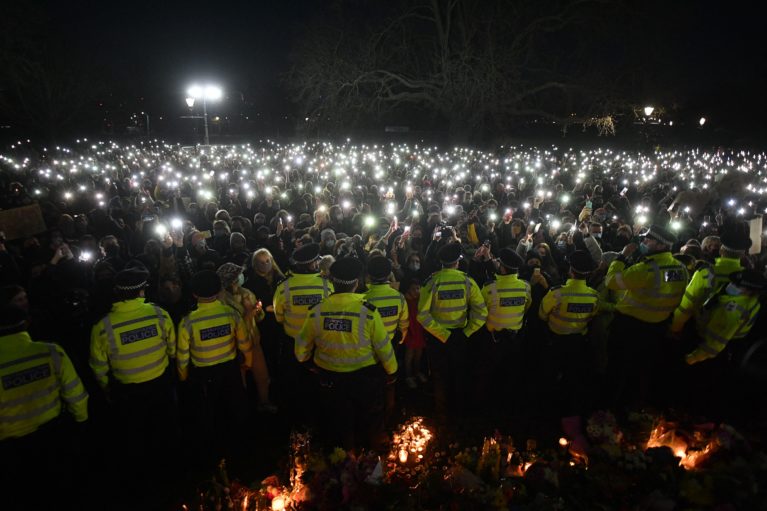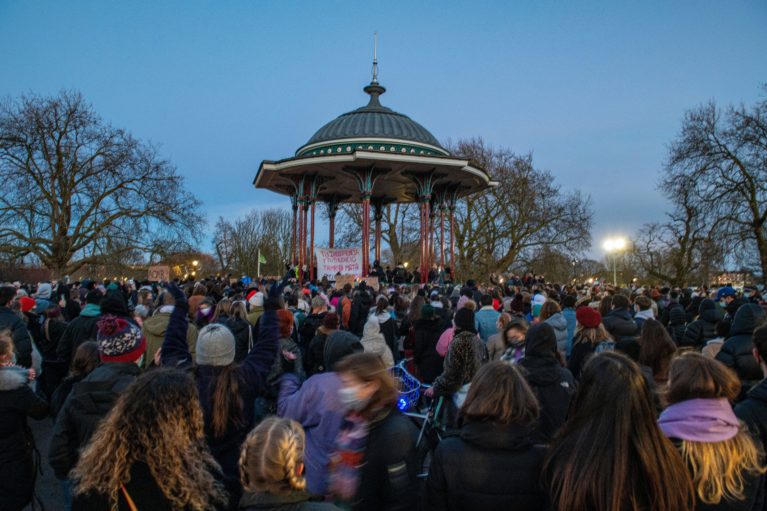Women's rights
Our courts must protect domestic abuse victims from being silenced
Posted by Rosie Brighouse on 23 Jan 2019
Victims of abuse are at risk of being silenced by the threat of defamation claims.
Victims of abuse are at risk of being silenced by the threat of defamation claims. The Supreme Court will soon consider an important case, the outcome of which could have a stifling effect on those who wish to tell their stories, and the journalists who want to report on them.
On 24 January, the Supreme Court will hear a case called Stocker v Stocker, in which an ex-husband is suing his ex-wife for a message she posted on Facebook.
The former Mrs Stocker said that, during their relationship, Mr Stocker had “tried to strangle” her. Mr Stocker sued her for defamation. A judge heard evidence about the facts and decided that an incident had taken place in which Mr Stocker had put his hands under Mrs Stocker’s chin and over her mouth, but with the intention of silencing her rather than killing her.
The judge decided that the true meaning of the phrase “tried to strangle” involved an intention to kill, and that therefore Mr Stocker had not “tried to strangle” Mrs Stocker. Mr Stocker chose not to receive any compensation, but the judge said that he would otherwise have been entitled to £5,000. The legal costs of both parties are likely to be far higher than that.
Mrs Stocker has appealed to the Supreme Court, and Liberty applied to make submissions to the Court for it to consider alongside Mrs Stocker’s appeal.
Without making any comment on the facts of the Stocker v Stocker case, Liberty is deeply concerned that the courts’ approach, in this and other cases, risks scaring victims of abuse into keeping silent about their experiences.
By interpreting the words used by Mrs Stocker so narrowly the law has moved far away from the reality of how people talk to each other in ordinary life. And we know that cases like this one are making journalists more reluctant to report on cases of domestic abuse. Given that domestic abuse continues to be a widespread problem in the UK, this is a very concerning development.
Disappointingly, the Supreme Court has refused to hear from Liberty in this case. It’s a real shame that we won’t be able to make our arguments about the proper approach to defamation law in this context, but we will continue to keep a close eye on this case and we will look for other opportunities to work on this issue in the future.
I'm looking for advice on this
Did you know Liberty offers free human rights legal advice?
What are my rights on this?
Find out more about your rights and how the Human Rights Act protects them
Did you find this content useful?
Help us make our content even better by letting us know whether you found this page useful or not



